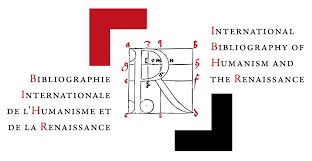The Slovenes and the government of E. Taaffe (1879–1893)
DOI:
https://doi.org/10.31168/2073-5731.2022.3-4.1.04Keywords:
Government of E. Taaffe, reforms, Slovenianization of the Carniola, Slovenian politicians, Slovenian pressAbstract
The article, based on the analysis of materials from the Slovenian press, memoirs of Slovenian politicians and research by Slovenian historians, traces the perception of the policy of E. Taaffe (1879–1893) by the Slovenian public and assesses the impact of his reforms on the socio-economic and national status of Slovenes.
The Taaffe government, which replaced the German liberal governments who had conducted centralizing policies, carried out a series of reforms aimed at smoothing out social and national contradictions in Cisleithania. Most Slovenian politicians supported him and abandoned the most radical national demands. Thanks to Taaffe’s reforms, the national position of Slovenes improved: the Slovene language strengthened its position in schools, gymnasiums, courts and provincial authorities. Most bonuses received Carniola that in the early 1880s was recognized as a Slovenian province. It began a rapid process of Slovenianization. Liberals and conservatives during this period of “consent” mainly pursued a common policy, putting forward Slovenian demands in the Reichsrat and provincial assemblies. Some of them have been implemented. At the same time, the reforms caused a certain aggravation of national and political differences in the Slovenian lands. Their half-heartedness caused discontent among the Slovenian liberals (primarily among the group of radicals). In the second half of the 1880s, criticism of the government in the Slovenian liberal press increased. It should be noted that, in general, the policy of supporting Taaffe’s government, pursued by the majority of Slovenian national figures, was real and balanced, and as a result, Slovenes received quite a lot of national concessions during his reign.
Received: 08.06.2022.
Citation
Kirilina L. A. The Slovenes and the government of E. Taaffe (1879– 1893) // Slavic Almanac. 2022. No 3–4. P. 93–113 (in Russian). DOI: 10.31168/2073-5731.2022.3-4.1.04






